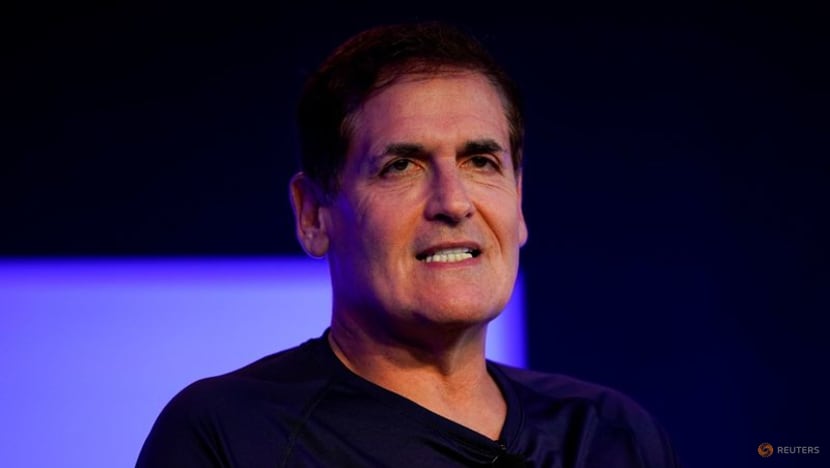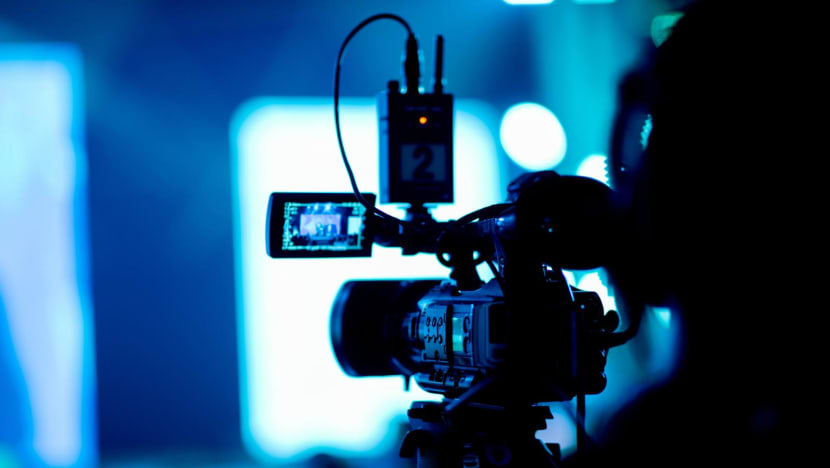Commentary: Is ‘follow your passion’ bad career advice?
We hope that the work we love is aligned with the work that pays, but it is naive to think this will always be the case, says documentary storyteller Ong Kah Jing (OKJ).

SINGAPORE: “If you love your job, you won’t have to work a day in your life,” goes the saying.
But for most of us, jobs are a dreary necessity to provide for ourselves and our families, and to help us afford doing the things we love, like travel and hobbies.
So can you marry what you love with your career?
As a documentary storyteller, I would say you can - with caveats. Those who chase their dreams with rose-tinted glasses may risk ultimately diminishing the joy they get from their interests.
From producing documentaries over the past decade, I’ve had the opportunity to interact with people who’ve taken the path less travelled. Here are three points to ponder before turning your passion into your profession.
WHAT YOU LOVE MAY NOT BE WHAT YOU ARE GOOD AT
First, are you good at what you love?
“One of the great lies of life is ‘follow your passions’," American entrepreneur Mark Cuban said. He argued that people may not be talented at what they are passionate about, and success boils down to where you commit your time.
“The things I ended up being really good at were the things I found myself putting effort into,” Cuban said.

I studied hospitality in Nanyang Polytechnic and business in National University of Singapore, but had always loved telling stories through documentaries. I created my own projects and learnt the ropes through experimentation.
When I thought of pursuing documentaries as a full-time career, I believed I had to be honest about whether I had innate talent to excel at the craft. Hard work is always required for any endeavour, but talent is a multiplier for growth and outcomes.
Moreover, talent may be easier to identify than passion. According to Stanford design professor Bill Burnett, less than 20 per cent of young people know what their passion truly is or how to fulfil it.
He explained that most young people are “dabblers” - they can list their interests and hobbies, but not a single, concrete passion.
A telltale sign of talent is when you find it easy to cultivate the skill. Not only do you pick up new concepts and techniques quicker than most, you also enter into a flow state readily when working on that activity.
COMPARISON IS THE THIEF OF JOY
In any industry, there will be competition, and in any competition, there is bound to be comparisons.
While measuring yourself against rivals is necessary to justify decisions, costs and risks, comparison is the theft of joy. Questioning whether you are good enough may eat away at your self-esteem, and this is made worse when assessments are based on opinions rather than tangibles.
In my line of work, comparisons may be based on metrics such as the number of views, but this is not an absolute marker of quality. Comparisons can be drawn just on the taste of any given party.
All these conflicting judgments induce anxiety and self-doubt. There is the ever present risk of imposter syndrome - a paralysing mindset that leads to wasted talent and broken dreams.
Furthermore, comparisons can be made not just of work, but of life trajectories. This is perhaps most common among freelancers who have sought to chart their own career path that are closer aligned with what gives them joy.
Now they are on their own. There is no corporate ladder to climb but also no obvious job progression. Weekdays and weekends are blurred as the fact that money is not earned during down time becomes apparent.
And in periods of uncertainty, particularly when starting out or amid a dry spell of gigs, freelancers may envy the success of others with more conventional careers.
So prevalent is this issue that associations like the Visual, Audio, Creative Content Professionals Association Singapore (VICPA) and support groups like the SG Creative & Cultural Community sprouted at the height of the pandemic to advocate for more support for creative professionals.
Can you withstand these comparisons and hold steady in pursuing your passion?
This is essentially a question of character. Even if you have talent for what you love to do, you may not want to be faced with such misgivings.
WHAT IT MEANS TO BE A PROFESSIONAL
When our passion is our hobby, the only accountability we have is to ourselves. But that is no longer the case when it becomes a profession.
There is a difference when we work on something because we want to versus when other forces demand us to. The latter must be accepted as all jobs are about entering into an agreement, be it with audiences, customers or management.
This fundamentally challenges how we perceive the activities we love. You may love to make documentaries like me, but would you be willing to forgo personal time and devote yourself to the schedule of your documentary subjects?

I once sat on a patch of grass for three hours, just to capture 20 crucial seconds that would be the ending scene of my six-minute documentary about zero waste in Singapore.
Still that is nothing compared to the iconic BBC Planet Earth series, which camera crew toiled over seven-day weeks to put together. Some braved -60 degrees Celsius weather to film emperor penguins, while others waited for weeks in a jungle to record the cry of a lemur tree frog.
I am fortunate because I am my own boss, and have been in control over choosing what projects I take on to ensure such personal sacrifices are worthwhile. This may not be the same for others, for instance, in video game development or animation where work can be arduous and project timelines unpredictable.
We hope that the work we love is aligned with the work that pays, but it is naive to think this will always be the case.
However, if you have the right talent, character and professionalism, you can fall in love with your job. You will likely work every day in your life, and harder than most. But you will never dread it.
Ong Kah Jing (OKJ) is a documentary storyteller based in Singapore.



















